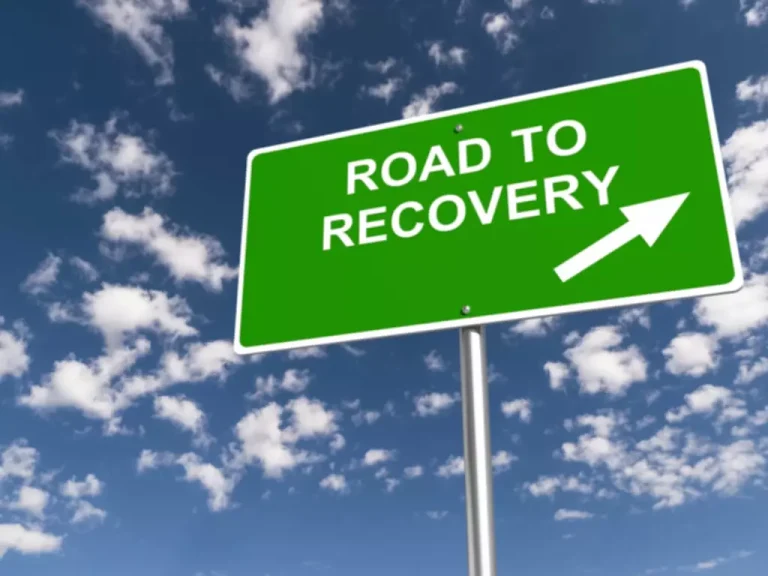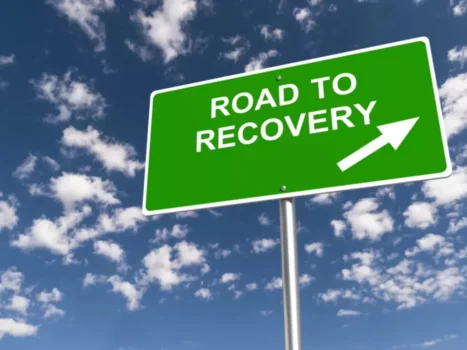
There are exceptions to this rule, however, such as tequila—a light-colored liquor that nevertheless carries high levels of congeners. In the USA, 51% of adults consumed alcohol in the last year; additionally, 11% of those over 50 years old and 6% over 65 age reported the symptoms of alcohol abuse or dependence 21. In Europe, 60% of adults over 60 years of age are current drinkers, and 20% of these had higher levels of consumption than the general population 22. Statistically, males drink more alcohol than women and have more alcohol-related behavioral disorders 23. Drinking problems occur in every age, but in the 25–49 age group, alcohol has the highest impact on mortality caused by cancer deaths and also life disability 24, 25.

How Long Does Alcohol Stay in Your Body?
- This kind of headache, also known as a hangover, usually occurs 5-12 hours after consuming beer or any other alcoholic beverage.
- This means that darker liquors such as brandy, dark rum, and whisky contain more congeners than lighter ones, such as gin and vodka.
- You may be able to separate the offending wines from those that don’t trigger a headache.
- As a result, these beverages are more likely to cause headaches in individuals who are sensitive to histamine.
Even small amounts of alcohol can trigger headaches due to hidden ingredients like congeners and histamines, or by dehydration. Headache timing varies – some happen quickly, others as “hangovers.” Factors like weight, gender, ethnicity affect alcohol tolerance. If you love drinking beer, but regular migraine attacks or headaches are a fact of your life, it’s worth weighing the pros and cons. Analyze your personal risk carefully, remembering that triggers are often additive. You can still have fun with everyone else, whether you decide to enjoy an alcoholic beverage or not.
Why Does Beer Give Me a Headache?
In fact, in one large survey on cluster headaches, beer was the most common culprit of all alcoholic drinks. A cocktail headache is a headache that occurs within as little as three hours after drinking alcohol. It’s not the same as a hangover headache, which occurs the morning after drinking too much.
What Alcohol Causes the Most Headaches and/or Migraine Attacks?

It’s important to note that only a small why does drinking alcohol give me a headache percentage of people experience headaches specifically from red wine, but for those who do, it’s advisable to limit consumption or avoid it altogether. Alcohol triggers approximately one-third of the migraines in people worldwide. Certain by-products found in alcohol (beer’s primary ingredient) such as ethanol, histamine, congeners, etc., act as catalysts for migraine attacks. For example, once ethanol enters your bloodstream, it releases a chemical that gives you a pleasing feeling and lessens your inhibitions. Other hard liquors, beer, and sparkling wine have also been identified as culprits by the scientific community. The body converts the ethanol in alcohol that we drink to a chemical that can trigger headaches.
Aside from contributing to the flavor of the alcohol, congeners increase the severity and frequency of hangover symptoms, including headaches. Congeners tend to aggravate brain tissue and blood vessels, which contributes to headaches. Clear liquors, alcoholism symptoms like white rum, vodka, and gin, have significantly fewer congeners and may cause fewer headache symptoms. Although, as we’ll discuss below, there are other factors that can lead to headaches no matter what form of alcohol you consume. Experiencing a headache after consuming even just one drink can occur in some individuals, although it’s not considered normal for everyone. Research shows that people with migraine may also experience related symptoms during a hangover.
What Factors Affect the Risk of an Alcohol-Induced Headache?
Alcohol not only contains histamines, it can also cause your body to create them. For people prone to migraines, even the smallest amount of alcohol can be enough to ruin a fun night out. Dr. Mark Youssef is an expert in migraine and other headache disorders.
Headaches From Anger
- The information provided in this article is not a substitute for professional medical advice, diagnosis, or treatment.
- If alcohol only occasionally causes you a headache, then moderation or striking that balance (as opposed to abstinence), may be a more reasonable approach.
- Dehydration is a significant cause of headaches because it reduces the fluid around the brain, leading to increased pressure and pain.
- 511 papers were found in PubMed, 773 in Embase and 608 in Web of Science.
- Alcoholic drinks (ADs) have been reported as a migraine trigger in about one-third of the migraine patients in retrospective studies.
You may be able to separate the offending wines from those that don’t trigger a headache. If you’ve identified wine as a common headache trigger, your best bet might be to avoid drinking wine. That could mean no more reds, no more whites, or no more wine at all. Are non-carbonated beverages a safer choice for headache-prone folks?
- A cocktail headache develops the same evening, and even a tiny amount of alcohol can trigger it.
- N-acetyl cysteine also helps in detoxifying the body from acetaldehyde build-up.
- If you’ve ever asked yourself, “Why does alcohol give me a headache?
- The ingredients in IPAs, particularly hops and grains, can contribute to headaches.
- Additionally, consuming electrolyte-rich fluids or sports drinks can help restore electrolyte balance and alleviate symptoms of dehydration.
- Ethanol is also a diuretic, meaning it increases urination, which then leads to electrolyte loss and dehydration.
Highly-sweetened mixed drinks, such as those containing sucralose or aspartame, can trigger migraine headaches. Be mindful of what type of drinks you choose and try to select those that do not contain syrups, milkshakes, juice or ice cream components. It could be due to several factors, such as the type of cider you are drinking, your overall health, the sugar content, a food sensitivity or an allergy, among other things.

A chemical called N-acetyl-cysteine may be useful in detoxifying the body from acetaldehyde buildup, but this too is an unproven treatment. Light exercise may be helpful, provided you stay well-hydrated. People prone to migraines tend to have more problems with hangovers.
What can I do to prevent a headache when I drink?

Regular beer contains higher alcohol content, and alcohol is a major contributor to dehydration, which is a common cause of headaches. Alcohol also dilates blood vessels in the brain, which can lead to tension and migraines. For many, this makes regular beer a more frequent headache trigger, particularly after overconsumption. Sulfites are commonly used as preservatives in many alcoholic beverages, including some beers.
Alcohol and Migraines: Can Drinking Trigger A Headache?
It would also be helpful to keep something like gammaCore™ non-invasive vagus nerve stimulator (nVNS) in your back pocket. This is a device you can use at home yourself to treat headache pain when it strikes. It works by targeting the vagus nerve, which regulates pain, through the skin on the side of your neck. Remember, part of the reason why alcohol gives me (and you) a headache is that it dehydrates you. For example, your genetic makeup may be such that you just can’t tolerate a lot of alcohol, or you may have a naturally-low body weight.
